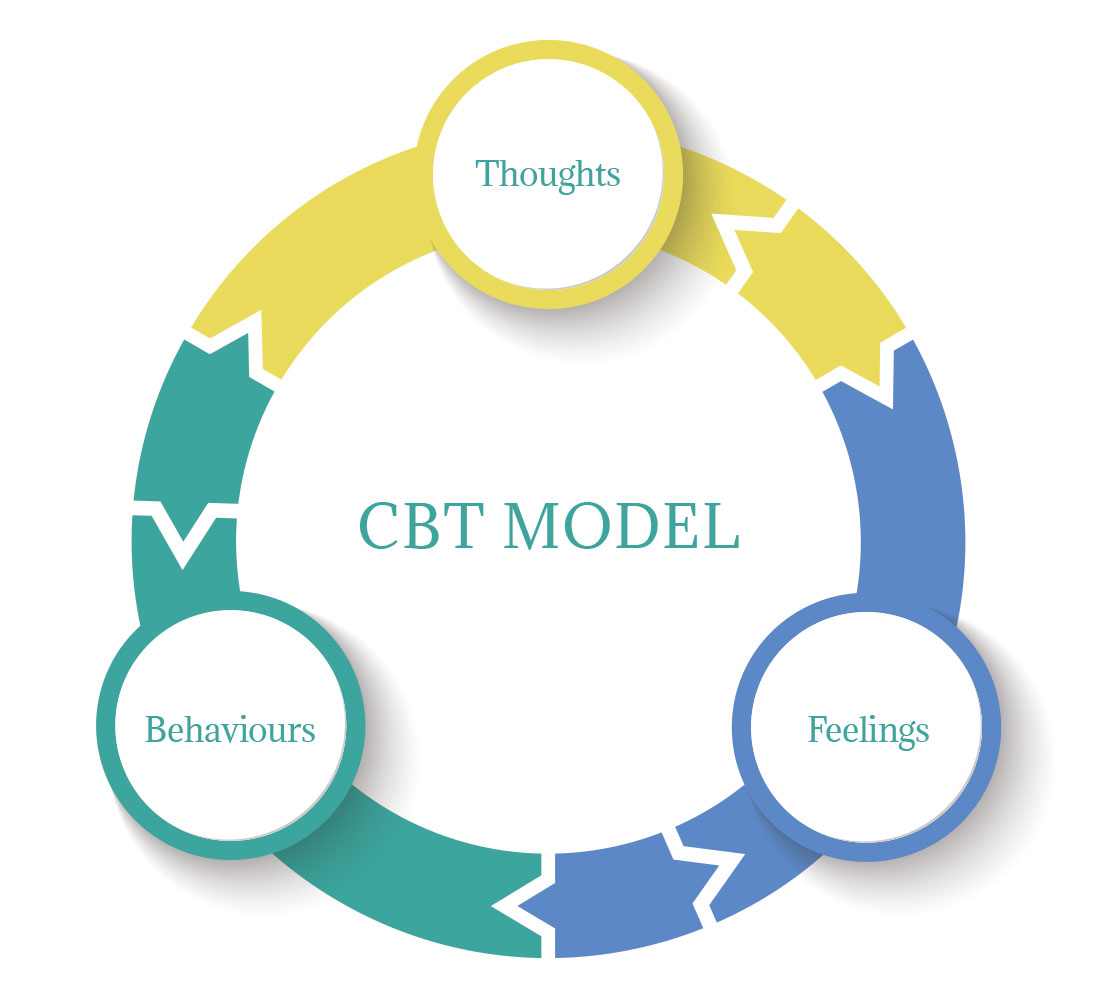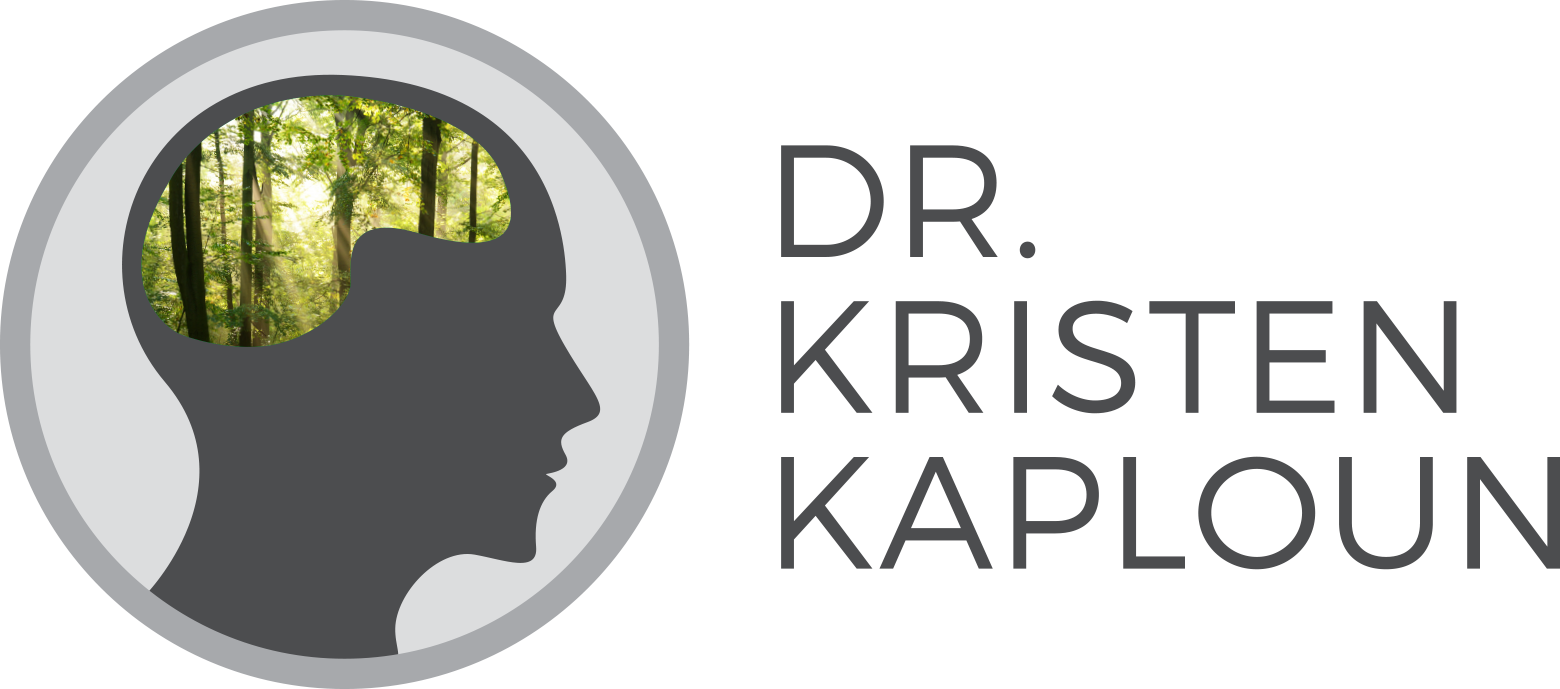Cognitive Behavioural Therapy
Cognitive Behavioural Therapy (CBT) is provided for a number of difficulties such as:
- Anxiety: GAD, Social Phobia, OCD, Specific Phobias, Panic Attacks
- Prenatal / Postpartum Anxiety
- Insomnia and Sleep Difficulties
- Difficulty Coping, Excessive Worry, Job Stress, Stress Management
- Chronic Pain
- Aging: Changes to Life and Cognitive Decline
- Cognitive Rehabilitation
Cognitive Behavioural Therapy (CBT) is an evidence-based form of therapy that is structured, short-term, goal-directed, and problem-focused. It is a collaborative approach in which the client and therapist work together in a supportive and respectful manner, with the therapist helping the client to learn to recognize patterns of behaviour and distorted thoughts, and to learn and practice new ways of thinking about, feeling about and acting towards different situations and events in a safe environment. Treatment is tailored to an individual’s needs, allowing for other types of intervention and techniques to be drawn in as necessary.
What should I expect at my first therapy appointment?
The first appointment for therapy is largely geared towards information gathering and getting to know each other a little bit. We will discuss what Cognitive Behavioural Therapy (CBT) is, how it works, and how therapy sessions will be structured, and we will talk briefly about the issue(s) that have brought you in to see us. We will also discuss limits of confidentiality and privacy, and any questions or concerns you may have will be answered. If all seems agreeable to both parties then we will complete a small amount of paperwork to get the process started. Included in this paperwork is a consent form (of which we will both keep a copy) that indicates in writing that you have given informed consent to enter into treatment, as well as the details surrounding if you wish to stop treatment and the limits of confidentiality that we will have discussed previously. I will then conduct an interview to gather some background information (e.g., level of education, work history, relevant medical history, history of the problem(s) that brought you in for treatment, etc); this information will be used to help determine any diagnoses (if appropriate) and will be used to guide treatment.
As CBT is an active and collaborative process, we will sit at a desk during sessions which will allow us to look at materials together and move around as needed; there will be no lying down on couches like how you see in the movies. Therapy sessions last 50 minutes. Depending on how the first session proceeds, we can start working on your presenting issues right away.

INFORMATION IN THE MOMENT
Three Simple Ways to Carve Out “Me” Time As A Mom
“Make sure you take some time for yourself each day.” This simple piece of advice is given to new and seasoned moms alike by well-meaning friends and family but it is often much easier said than done.
Dealing with Disturbing Thoughts During Pregnancy and Postpartum
There are five main “types” or presentations of perinatal anxiety, depending on the primary symptoms being experienced. These types include: Panic Attacks, Obsessive Thoughts…
Dr. Kristen Kaploun Office
Dr. Kristen Kaploun Office
1100 Burloak Drive, Ste. 300
Burlington, ON L7L 6B2
Get Directions
Tel: 289-983-7570
Fax: 905-332-3007
Building is wheelchair accessible
Plenty of free parking onsite
If this is an emergency, please visit your local hospital’s emergency department, or call 911.
Joseph Brant Memorial Hospital
1230 North Shore Blvd.
Burlington, ON L7S 1W7
905-632-3737
If you cannot find the answers to any questions you may have, or if you're not sure whether we can help, please do not hesitate to contact us by phone or email. We will make every effort to return all calls or emails within 48 hours of initial contact, and from there we can set up an initial appointment.
Other local crisis hotlines and resources are listed below:
Burlington Telecare Distress Line
905-681-1488
(24 hours)
Crisis Outreach and Support Team (COAST)
1-877-825-9011
note: this is not an emergency service
North Halton Distress Centre:
905-877-1211
Oakville Distress Centre:
905-849-4541
Emergency Psychiatric Services at St. Joseph’s Healthcare, Hamilton:
905-972-8118
Hamilton 24 Hour Crisis Line:
905-972-8338


